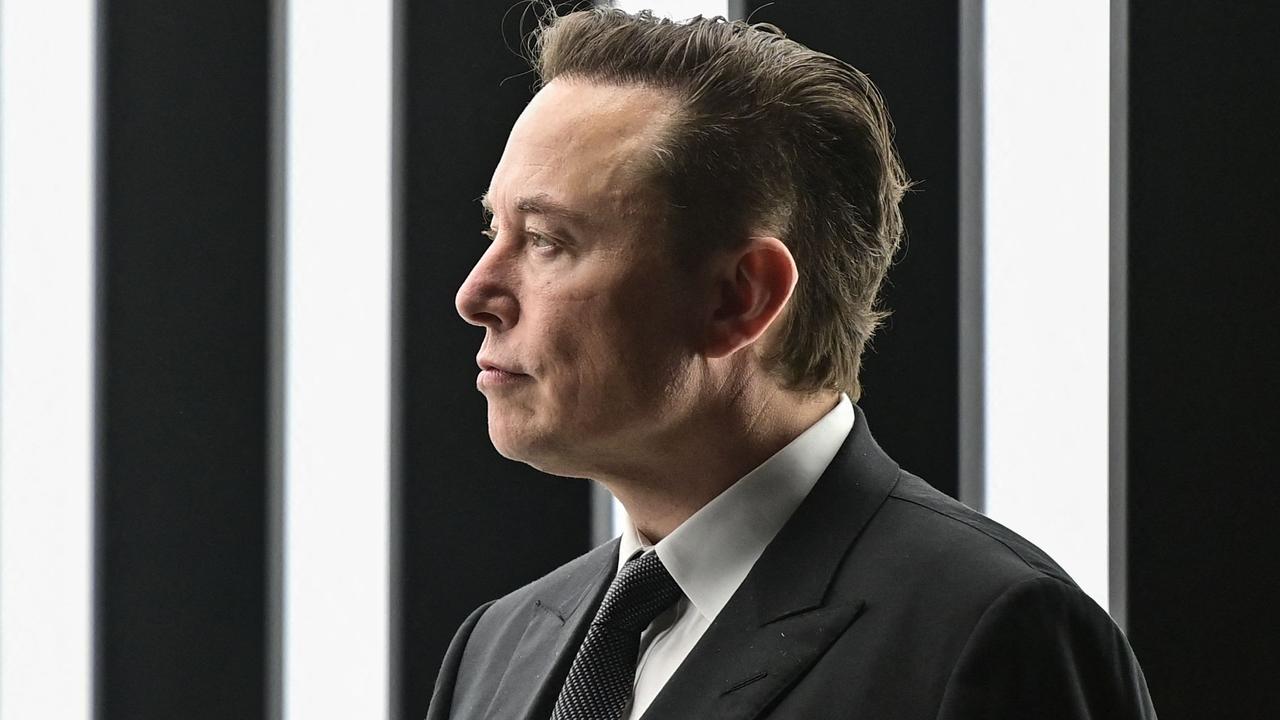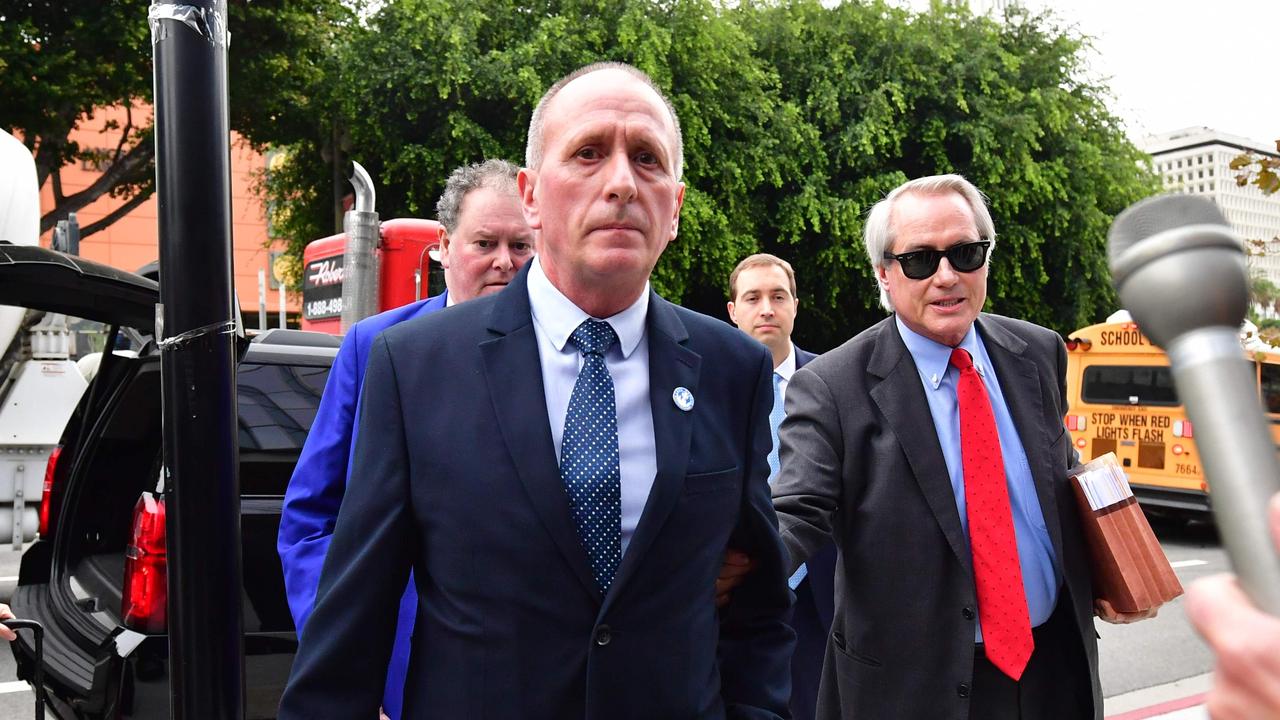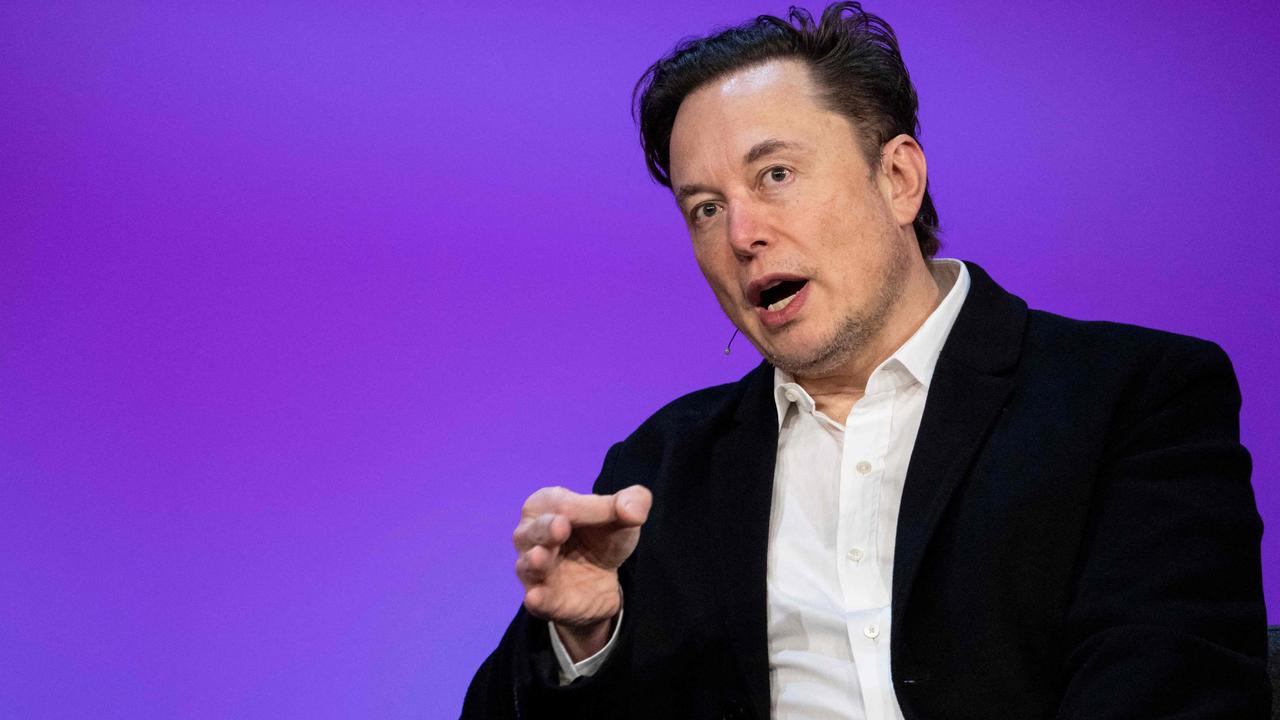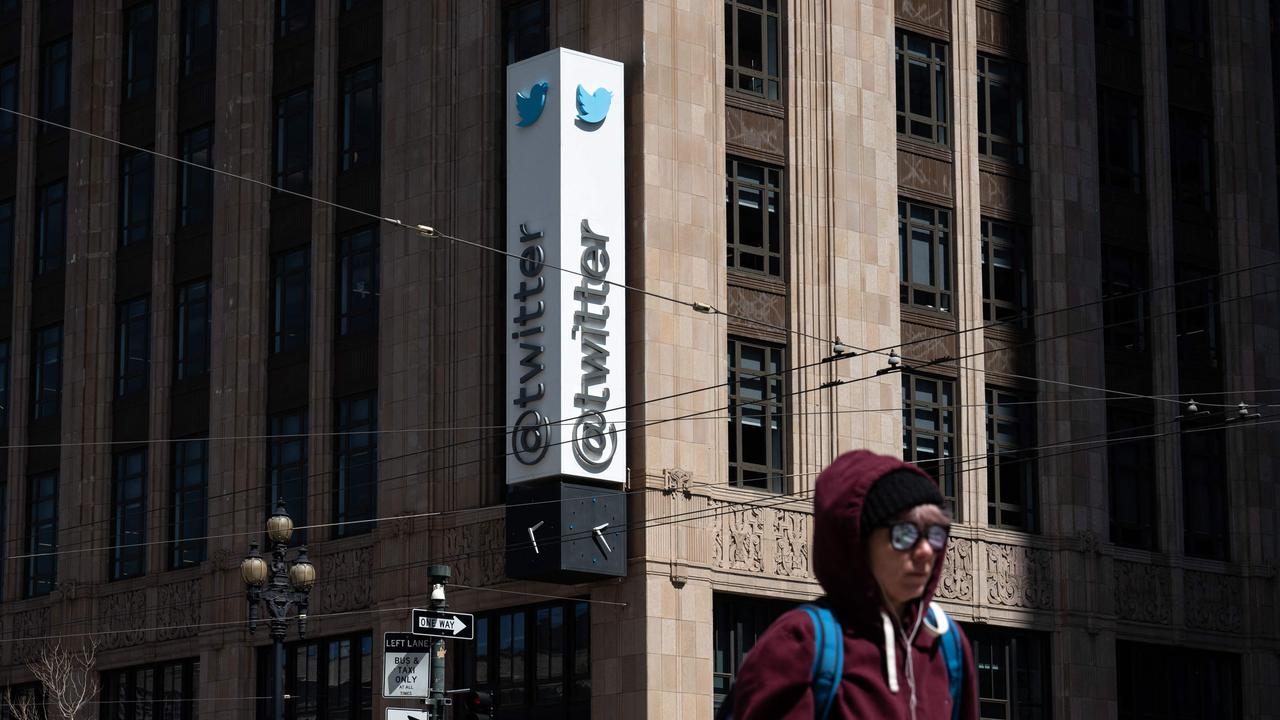Elon Musk has bought Twitter but he kind of hates free speech
There’s a troubling element to the $61 billion hostile takeover of Twitter by the world’s richest man, Elon Musk.
ANALYSIS
He’s the world’s richest man. He’s brash. He’s outspoken. He’s now bought the social media platform Twitter outright. But he really doesn’t like free speech if it’s not his own.
Twitter’s board on Tuesday announced it would take Elon Musk’s $A61 billion and run.
Musk claims he will “unlock” Twitter’s “extraordinary potential” to be “the platform for free speech around the globe”.
His words are full of benevolence.
“Free speech is the bedrock of a functioning democracy, and Twitter is the digital town square where matters vital to the future of humanity are debated,” he stated shortly after the takeover announcement.
But the CEO of SpaceX and Tesla has a troubled history with truth.
His employees must sign gag orders to get their jobs. He lashes out – verbally and legally – at his critics. Media publications and even individual journalists are among his favourite targets – especially when they dare analyse his performance or behaviour.

“In reality, Twitter being owned by one person, some of whose own tweets have been false, sexist, market-moving and arguably defamatory poses a risk to the platform’s future,” argue University of Canberra social scientists John Hawkins and Michael Walsh.
Now Musk is spoiling for a fight. He’s declared his intention to fight for his personal ideal of a global “town square” free from all restrictions other than his own.
But this may be Musk’s Putin moment. Inconvenient truths may get in the way.
“The coming showdowns will not be between dictatorial censorship in the one corner and free-speech absolutism in the other. They will be between businesses and governments. And as Elon Musk will soon be aware, if he is not already, plenty of governments seem up for the fight,” British Professor of law Eric Heinze says.
When you’re free to say what I like …
Musk characterises himself as a defender of the US Constitution’s First Amendment – just like former president Donald Trump and a bevy of other outspoken high-profile US politicians, business identities and media operatives.
Free-speech absolutism is big business in the United States. It’s how the likes of YouTube celebrity Alex Jones justifies accusing the parents of murdered Sandy Hook schoolchildren of faking their deaths.
It’s an arena Musk has plenty of experience in.
Just a gentle reminder of the kind of Covid misinformation Elon Musk has spread using his free speech on this platform pic.twitter.com/xWMy5OFzci
— Tim Graham 🌻 (@timothyjgraham) April 25, 2022
He grabbed world headlines when he set his space engineers onto the task of building a subterranean vehicle to save a group of children trapped in a flooded Thai cave.
When one of the rescue divers pointed out it simply wouldn’t fit, Musk unloaded.
He tweeted that British caver Vernon Unsworth was a “pedo guy”.
With absolutely no basis for Musk’s words, Mr Unsworth sued the billionaire for defamation.
He spent millions in his defence – money that Mr Unsworth simply couldn’t match.
Elon Musk won.
His argument: That it didn’t rise to the level of defamation. He said he lashed out with a phrase that he insisted only meant “creepy old man”.

But can Musk afford the same strategy on Twitter’s global scale?
“He can go ahead and fire all Twitter’s speech monitors if he wants to, but it will not be long before he needs to rehire them,” Prof Heinze says. “In fact, why were these monitors ever hired in the first place?”
The world according to Musk
Musk says he doesn’t have faith in Twitter’s experienced managers. He will “reshuffle” them.
He says he wants to add edit buttons to tweets. It’s a way to backtrack after significant damage has already been done.
He wants to reduce Twitter’s current content moderation standards and definitions of harm.
He wants to abolish permanent bans for repeated violations.
But Twitter’s existing board says it has been tightening its content moderation in recent years to tackle the exploding problem of disinformation (accidental inaccuracies) and misinformation (deliberate deception). And that’s on top of prolific issues of abuse, illegal sexual content and general incivility.

“Regardless of Twitter’s motivations, Musk has openly challenged the growing number of moderation tools employed by the platform,” the University of Canberra academics state.
“He has even labelled Twitter a de facto public square. This statement appears naive at best … Even if Musk were to implement his own town square ideal, it would presumably be a particularly freewheeling version.”
He’s even offered to do the commercially unthinkable – exposing Twitter’s AI “engine”.
“Musk has suggested he may make Twitter’s algorithms open source. This would be a welcome increase in transparency. But once Twitter becomes a private company, how transparent it is about operations will largely be up to Musk’s sole discretion.”
We have an idea where that discretion leads.
He hates “boring, bonehead” questions. Especially when they make him uncomfortable.
Tesla employees must also who publicly point out the company’s failures and trouble have claimed retaliation.
Employees at the car manufacturer must also sign separation agreements with a strong non-disparity clause with no end date when they are laid off.
He has sued Tesla customers who complain about safety issues to regulators and the media.
An investigation took place in 2016 after customers claimed they were urged to sign nondisclosure agreements to get their cars repaired.
He’s been happy to block the Twitter accounts of those who openly oppose him.
And Musk even attempted to pay off a teenager who tracks private jets to keep his movements secret.
FYI: We’re blocked by Elon Musk.
— Public Citizen (@Public_Citizen) April 26, 2022
So much for being “committed†to free speech. pic.twitter.com/iXsMQYq8v0
Town square or bear pit?
Is democratic debate compatible with the profit drives – and self-interest – of billionaires?
It’s a question that’s been asked since Gutenburg’s press began distributing the first pamphlets in 1450.
But social media’s reach, speed and power are world-dominating.
“In the online age, the fact that we spend so much of our time in private spaces earning advertising revenues for billionaires is seen by many as an affront to human dignity,” says Prof Heinze says. “But the reality is more complex.”

That reality is about making opinions as profitable as possible.
“The viewpoints users are exposed to are determined by algorithms geared towards maximising exposure and clicks, rather than enriching users’ lives with thoughtful or interesting points of view,” Hawkins and Walsh warn.
Twitter is not as big as other social media platforms, such as Facebook.
But it has a high proportion of government, academic and media participants. And its algorithms enable information to spread much faster across different social groupings.
It’s not about the information, though. It’s about the money.
And that’s why critics say the idea of an unregulated, open forum for freely expressed ideas to be freely aired is a fantasy.
“In fact, no such arenas have ever existed, at least not in modern democracies,” says Prof Heinze. “More importantly, women, ethnic minorities, colonised people and others often enjoyed nothing like the prerogatives to speak out without fear in the public forum, let alone as equal citizens.”
Nor are they simply “survival of the fittest” brawl pits.
A democracy’s town square is regulated by elected authorities providing law enforcement to maintain peace and civility. Even autocratic town squares are subject to the fluid whims of individuals or organisations – be they the self-serving interests of tyrants, religions or big business.
“In the case of a private business, which Twitter now is, the final say will largely default to Musk,” Hawkins and Walsh write. “There’s little to suggest his actions are truly to create an open and inclusive town square through Twitter – and less yet to suggest it will be in the public interest.”
Jamie Seidel is a freelance writer | @JamieSeidel






